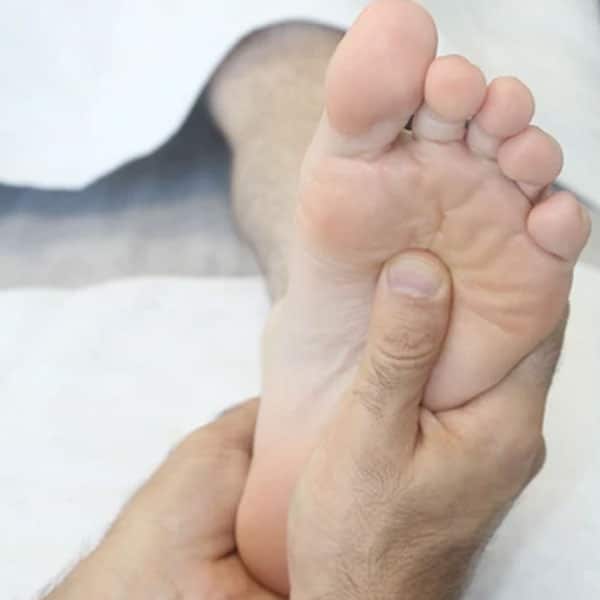Yaron Tzvi – Professional Reflexologist
Unfortunately, in most countries of the world (even in the most advanced ones) people of the LGBT community, experience more stress and fears and also face more difficulties in life than heterosexuals.
On the one hand, there are people who live deep in the closet and lead a double life. On the other hand, there are people who live their sexual orientation and identity openly and with full openness.
Each and every one of these two, including all the wide and varied range between these two sides, either experience, have experienced in the past, or will experience in the future some difficulties and struggles that their straight brothers and sisters do not have to deal with.
The reflexology is known to many people as a pleasant and pampering treatment method for the feet.
In fact, the reflexology is much more than that and has deep layers.
The reflexology is a method that combines diagnosis and treatment both physiologically and mentally.
Unlike other physical touch methods, which usually treats specific physiological cases such as tight muscles, tense tendons, etc, the reflexology allows physiological treatment of all organs and areas of the body and at the same time work on the emotional / holistic aspect which in most cases is an integral part of the patient’s physiological symptom.
Today, it is known how much body and mind are intertwined with each other. A lot of illnesses and a significant amount of pain is resulted and caused by a direct connection to our emotional state.
Western medicine also knows how to connect stress and emotional strain with many diseases and with a variety of medical conditions.
The primary purpose of reflexology is to soothe the body, facilitate, contain and help drain out toxins, fears, difficulties and physiological and emotional waste.
Make room for new air, new energy and recharge batteries.
As I mentioned above, reflexology is not only a method of treatment but also a method of diagnosis. The feet are like an open book to the reflexologist who can use them to help diagnose and later try and alleviate such problems and conditions.
As reflexology touches both the physiological and emotional aspects, members of the LGBT community do not always feel comfortable with therapists who are not members of the community.
With the help of the reflexology, it is possible to facilitate and accompany patients who are struggling to come out of the closet, during sex change processes, as well as strengthening the immune system of HIV’s positive and other sexually transmitted diseases and more.
There is a different feeling when it comes to therapists who are part of the LGBT community. There is a possibility to feel at home, feel free to tell and share, to bring out things that are burdensome and difficult.
There is a possibility to be emptied of negative energy which was not necessarily easy to be emptied of by non LGBT community therapists.
Reflexology has powerful therapeutic abilities – feel free to discover them.
©Yaron Clinic
Yaron Tzvi – Reflexology & Complementary Medicine


